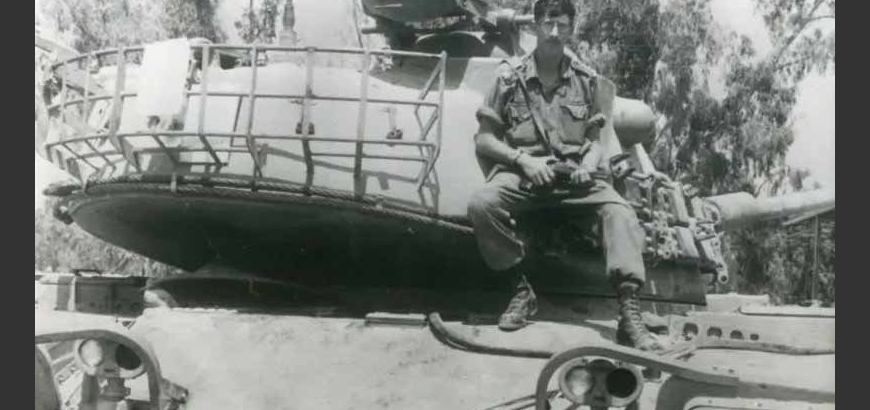While the Assad regime remains silent, Israel is witnessing controversy around the return of the remains of an Israeli soldier missing since the first Lebanon war, in exchange for two Syrian prisoners.
Israel has been quiet since this was revealed, but Israeli radio on Sunday quoted a major Israeli official as saying that Russia had come to Israel two weeks after the delivery of Baumel’s body asking for a “gratuity” to save face for the Bashar al-Assad regime, who had gotten angry at what Moscow did in Syria under Tel Aviv’s direction. It said that after the embarassment caused to Bashar al-Assad, Putin had personally intervened and put heavy pressure on Benjamin Netanyahu to provide cover for Baumel’s return. It also raised the question of how the Arabs view this issue, noting the scandal of negotiations being carried out between Russia and Israel, and the goodwill initiatives between them, and continued: “There is a lot of fuss about the questions raised around the truth of the Bashar al-Assad regime, which by day declares that it wants to liberate the Golan from Zionist occupation and by night carries out contacts with them.”
The Yedioth Ahronoth newspaper said that the Israelis were not the only ones surprised by Israel’s intention to release two Syrian prisoners, but most ministers in the occupation government were as well, as they learned about what happened in the media, after Alexandrer Lavrentiev, Russia’s Special Envoy to Syrian, revealed the matter in an interview with a Russian channel two days ago.
Netanyahu’s decision to cover up the “deal” and limit the decision-making process to the government’s legal adviser, Avichai Mandelbilt, and Minister of Justice, Ayelet Shaked, and President Reuven Rivlin, who signed the decision granting the two prisoners amnesty for them to be released, created widespread controversy in the media and among political circles.
The new representative for the Blue and White party, Zvi Hauser, called on the Minister of Justice and Minister of Education to resign immediately because of the failure to convene a small cabinet before taking the decision to release the two prisoners. A Likud representative Yoav Kish said that Netanyahu had been forced to act unilaterally to preserve secrecy and out of fear of leaks to the media.
People close to Netanyahu said that the discussion was about a Syrian prisoner whose term would end in two months, and another who was a drug dealer, who was nearing the end of his sentence. They told the occupation army’s radio that Israel had made the decision just two days ago and had voluntarily taken on the goodwill initiative after Baumel’s remains were received and denied there was a deal.
Without Assad’s Permission
A military analyst for the Israeli newspaper Haaretz, Amos Harel, said that Israeli security agencies learned at a relatively late stage of the “Israeli initiative” towards Syria.
Harel attributed Netanyahu’s concealment to two factors: First, that the decision was made between him and Russian President Putin during their meeting in Moscow at the start of the month—which was denied by Netanyahu’s office. The second was that the initiative came late, after Syria got angry with Russia for removing the Israeli soldier’s remains without Bashar al-Assad’s permission.
Harel quoted Israeli sources explaining the initiative as resulting from pressure that the Syrian regime put on Putin after Israel received the body, which was secretly taken from Syria, without the Syrian regime’s knowledge, and without it being notified in advance. Putin had claimed during his meeting with Netanyahu, that it had been a joint operation with the Syrian regime army, without Damascus hurrying to deny that after it found itself in a state of confusion and embarrassment because it appeared to have allowed Russia and Israel to behave as they wanted on its terrority—and that’s why it demanded the two soldiers be released as late compensation for Assad.
This article was translated and edited by The Syrian Observer. Responsibility for the information and views set out in this article lies entirely with the author.


